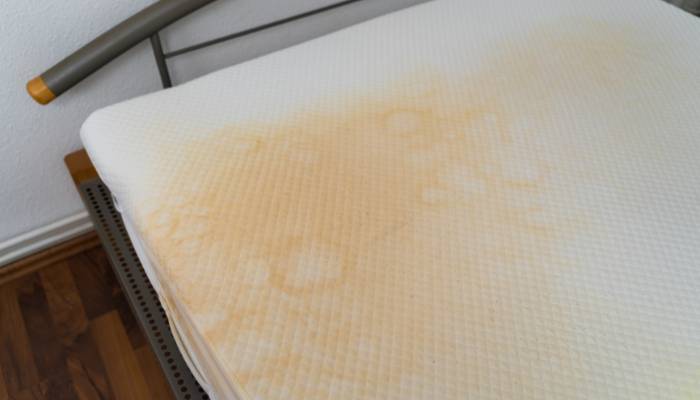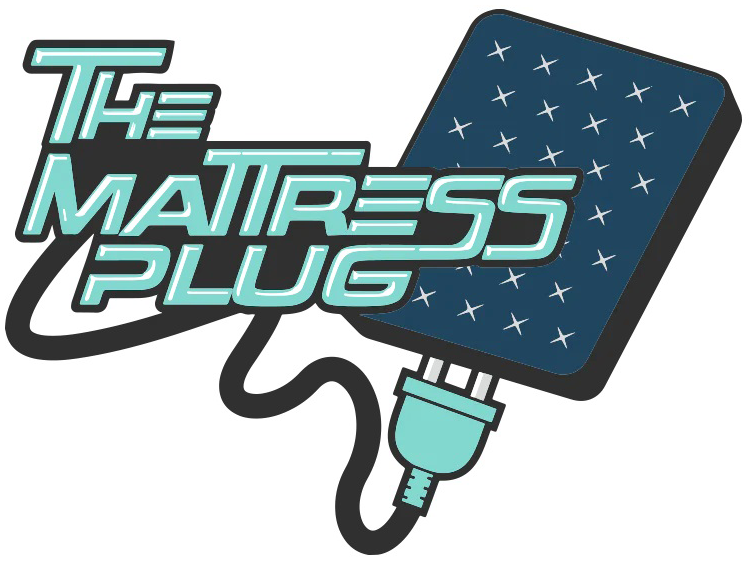
Nov 23 , 2022
How To Tell If Memory Foam Mattress Is Worn Out
Do you love your memory foam mattress? Have you had it for a while, and now you're wondering how to tell if it's time for a new one? It's easy to forget how often we use our mattresses. We may not think about it until we start noticing that we're not sleeping as well as we used to. Or, we may begin to experience back pain or other discomforts that weren't there before. These are all signs that it might be time for a new mattress - but how can you tell if your mattress is actually worn out?
There are a few things you can look for to tell if your memory foam mattress is worn out. These include sagging, lumpiness, loss of firmness, and visible wear and tear. If you notice any of these things, it's probably time for a new mattress. However, the best way to know for sure is to consult with a doctor or sleep specialist. They can help you determine whether or not your mattress is still providing the support you need.
In this blog post, we'll go over each of these signs in more detail. We'll also provide some tips on how to prolong the life of your memory foam mattress. Keep reading to learn more!
Why Has My Memory Foam Started To Worn Out?
As you probably know, memory foam compresses far faster than hybrid or latex foam beds. This is because they are made of synthetic materials that break down quickly under heat and pressure. Over time, this can lead to a mattress that is dipped in certain places, which can be uncomfortable and cause back pain.
Also Read: Why You Need A Good Mattress?
Additionally, memory foam is slow to reform after you get out of bed, meaning you may have to wait a while for it to cool down before you can comfortably sleep again. Finally, since memory foam holds you in one position, it can cause you to sleep in the same position every night, which can wear down the mattress in certain areas more quickly.

As we use our memory foam mattresses day in and day out, they slowly but surely begin to degrade.
Here are eight signs that your memory foam mattress may be past its prime:
1. You’re Not As Comfortable As You Used To Be
One of the first signs that a memory foam mattress is beginning to wear out is a decrease in comfort. If you find that you're not as comfortable as you used to be or that you often wake up feeling sore and stiff, it's likely that your mattress is no longer providing the support and cushioning it once did.
2. You See Lumps Or Indentations
Another early sign of a mattress beginning to wear out is the appearance of lumps or indentations. These can be caused by a number of things, including normal use, as well as exposure to dust and dirt. Over time, these lumps and indentations will only get worse, leading to an even more uncomfortable sleeping experience.
3. You Feel Like You’re Sinking
If you find that you often feel like you’re sinking into your mattress, it’s a sign that the foam is beginning to break down and lose its shape. This can be caused by normal use, as well as by things like body heat and moisture.
Also Read: Pros And Cons Of Memory Foam Mattress
4. The Foam Is No Longer Responsive
One of the hallmarks of a memory foam mattress is its responsiveness. If you push down on the foam and it quickly bounces back, it’s likely that the mattress is still in good condition. However, if the foam takes a long time to bounce back or doesn’t bounce back at all, it’s a sign that the foam is beginning to break down and is no longer as responsive as it once was.
5. You See Cracks Or Tears In The Foam
Not only does an old, worn-out memory foam mattress feel uncomfortable, but it also looks unsightly. Cracks and tears in the foam are normal with age and use; however, they can also worsen over time due to things like body heat and moisture. If you don't take care of these cracks and tears, your sleeping experience will become increasingly unpleasant.

6. Your Sleeping Position
Are you a side sleeper? Do you sleep on your stomach? How you sleep can also affect how long your mattress will last. For example, side sleepers tend to put more pressure on their mattresses than stomach sleepers, which can lead to the foam breaking down faster.
7. You’re Waking Up With Aches And Pains
If you find that you’re waking up with aches and pains, it’s likely that your mattress is no longer providing the support and cushioning it once did. This can be caused by a number of things, including normal wear and tear, as well as exposure to dust and dirt.
Over time, a mattress will degrade and soften, which then causes it to lose the ability to support key areas of your body. Additionally, as the cushioning wears down, it can create pressure points that are quite painful. Eventually, you will wake up with back pain and hip aches if you don't replace your mattress sooner than later.
Also Read: Signs You Need A Firmer Mattress: 6 Indicators That It's Time To Make The Switch
8. Age May Be A Minor Indication
If your mattress is over seven years old, you should inspect it regardless of any visible signs of wear and tear. Most mattresses only last 7-10 years before they need to be replaced. Even if you think you sleep well on an older mattress, it's likely because you've become slowly accustomed to a subpar sleeping experience.
What Are Some Tips For Prolonging The Life Of My Memory Foam Mattress?
There are some steps you can take to help reduce the amount of compression in your memory foam mattress.

- Try to rotate your mattress every few months
- Use a mattress protector
- Avoid sleeping in the same position every night by using pillows or other props to prop yourself up in different positions.
- Try to keep the mattress clean and free of dirt and dust.
Final Thought!
If you think your mattress might be reaching the end of its lifespan, it's important to take action sooner rather than later. A new mattress can make all the difference in terms of getting a good night's sleep. Change your sleeping position, use pillows to support your body, and keep the mattress clean to help prolong its life. However, the signs listed above are good indications that it might be time for a new mattress. Consider these factors when making your decision, and happy sleeping!
